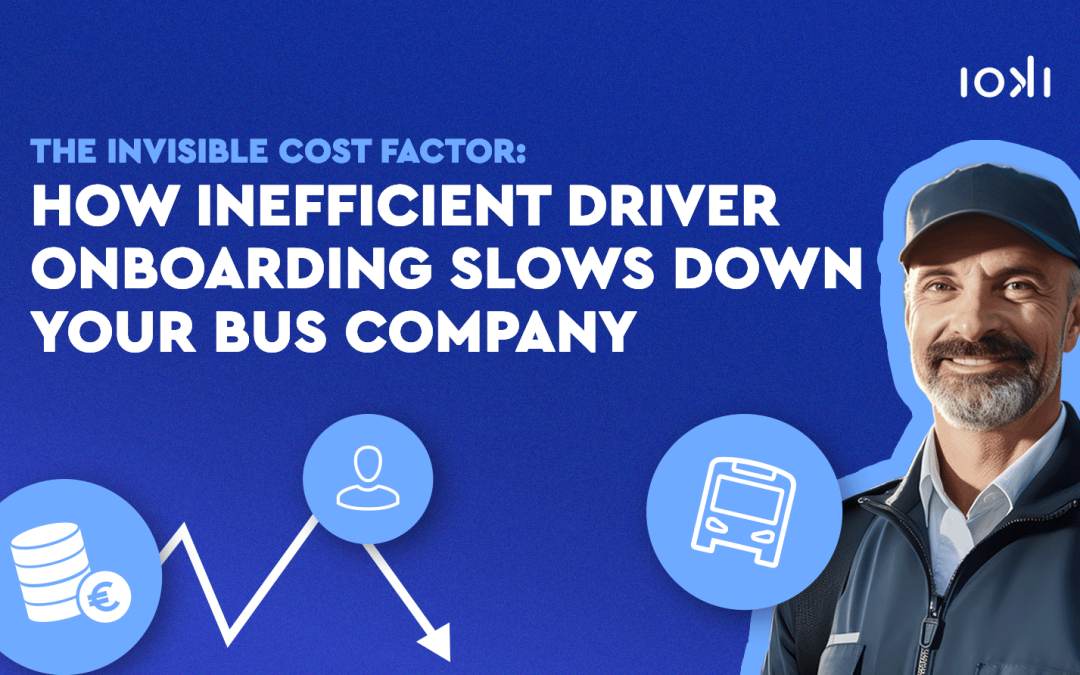This includes events that are used to exchange ideas and provide new insights. At our Diversity Lunch event series, we regularly invite inspiring guest speakers to talk to us about a specific topic during the lunch break.
For the final Diversity Lunch of 2023, we welcomed Lena Rickenberg, former Future Mobility & Team Expert and Project Lead at Think Tank iRights.Lab. She discussed the following aspect with us: the gender data gap in the mobility industry. With exciting insights and interesting thought-provoking ideas, she introduced and sensitized us to the topic. For us as a tech company and software provider in the mobility industry, this is a very relevant and exciting topic that should be considered.
We would like to share the most important findings:
- The mobility patterns of women and men differ. While men mostly travel from A to B without detours (e.g. from home to work), women often have more stops on their way – be it school or general errands.
- Mobility is not gender-neutral! This means that if gender does not play an active role in planning, the solutions are very likely to be optimized for men.
- In this context, we have learned the term “gender mainstreaming”. This refers to the regular consideration of all the different life situations and interests of men and women in all social projects. When this takes place in urban planning, for example, we see more gender-neutral solutions. A concept that is not yet fully established everywhere.
- The so-called gender data gap in the mobility industry can also pose real risks: Crash test dummies basically have the stature of an average man. Women, who are usually of a different stature and height, can suffer serious injuries from traffic accidents because they are not considered in the prevention process.
- The steps towards autonomous public transport are getting bigger and bigger. Studies have shown that women are less likely to try it out. The reasons: Women are generally less likely to try out new technologies. This is because they have a greater need for safety – especially if they are accompanied by children.
This is not an insurmountable problem. Here are the six principles for closing the gender data gap:
- Raise awareness of the importance of gender-specific data
- Collect data disaggregated by gender
- Build capacity to collect gender-specific data analysis & monitoring
- Ensure women have a chair at the table and a voice in implementation
- Make data accessible to the public and researchers and build sustainable partnerships
More on the gender data gap here.



